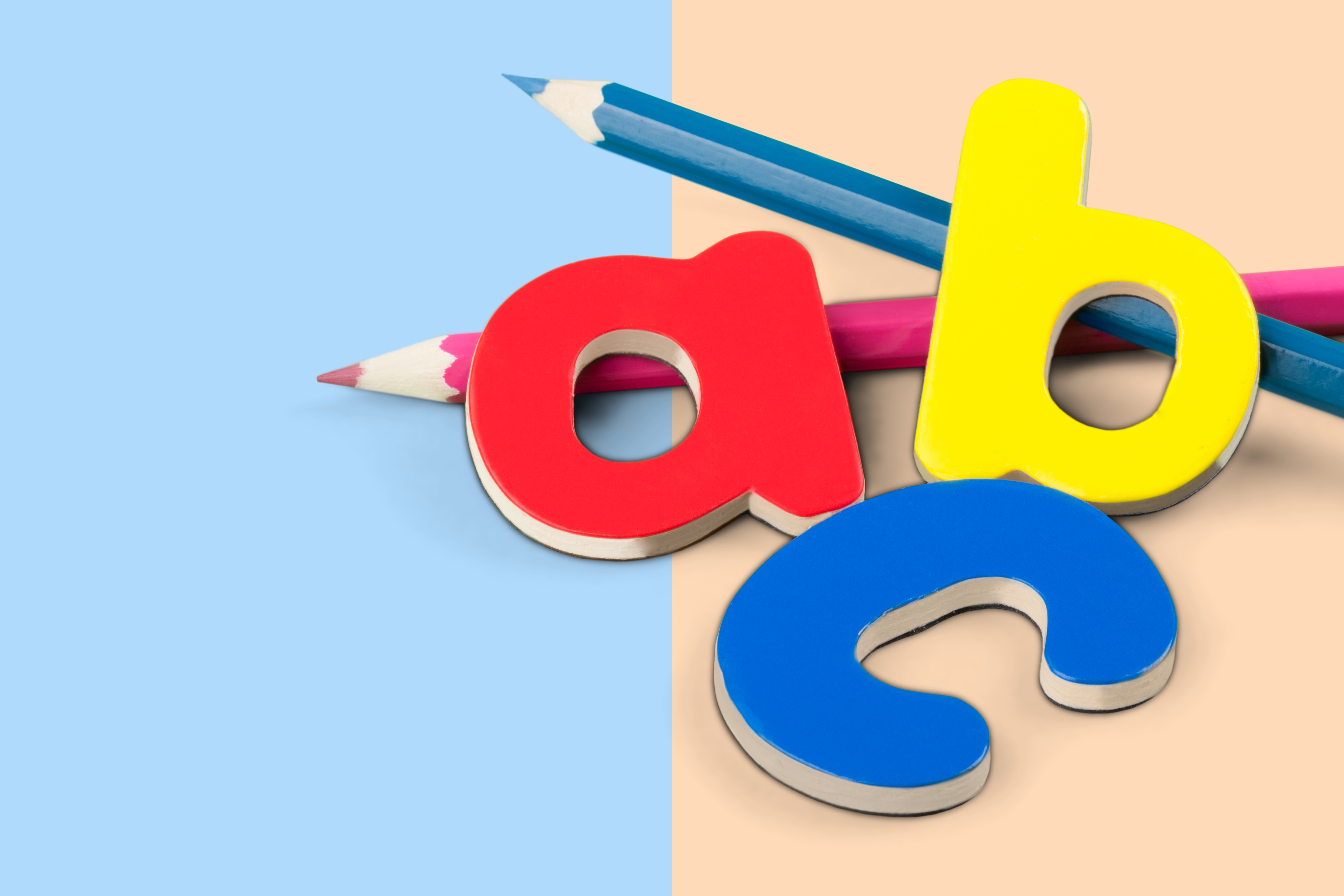The Importance of Phonics in Early Education
Phonics plays a crucial role in early literacy. It helps students decode words, build vocabulary, and develop reading fluency. Strong phonics instruction ensures that students have the foundation they need for lifelong learning.
To track student progress, educators need effective phonics programs for elementary schools. These programs provide structured lessons and assessment tools that measure growth and identify areas for improvement.
Understanding Phonics Assessment Tools
Phonics assessments help teachers evaluate student progress in key reading skills. These tools identify gaps in phonemic awareness, letter-sound correspondence, and decoding abilities. By using reliable assessments, educators can tailor instruction to meet individual student needs.
A well-structured phonics intervention program uses assessment data to guide instruction. Teachers can adjust lesson plans and provide targeted support based on assessment results.
Types of Phonics Assessment Tools
Phonics assessments fall into several categories, including:
- Screening Assessments – Identify students at risk of reading difficulties.
- Diagnostic Assessments – Pinpoint specific phonics skills students need to develop.
- Progress Monitoring – Tracks student improvement over time.
- Summative Assessments – Evaluate overall phonics proficiency at the end of an instructional period.
Each type of assessment serves a unique purpose in ensuring students build strong foundational skills.
How to Choose the Right Phonics Assessment Tool
When selecting a phonics assessment tool, consider:
- Reliability and validity – Ensure the assessment provides accurate results.
- Ease of use – The tool should be simple for teachers and students.
- Alignment with curriculum – Assessments should match instructional goals.
- Actionable data – Results should guide instructional decisions.
Research-based phonics programs incorporate assessments that meet these criteria, making them effective for tracking student progress.
Innovative Phonics Assessment Tools in Today’s Classrooms
Technology has transformed phonics assessments. Digital tools now provide immediate feedback, saving teachers time and improving accuracy. Interactive phonics activities engage students while assessing their skills in real-time.
Online software providers like Essential Skills offer research-based phonics programs that include built-in assessments. These tools help educators monitor progress, customize learning, and improve student outcomes.
Challenges and Solutions in Phonics Assessment
Despite their benefits, phonics assessments come with challenges:
- Time constraints – Teachers often have limited time for one-on-one assessments.
- Student anxiety – Some students may struggle with test-related stress.
- Data management – Organizing assessment results can be overwhelming.
Solutions include using digital assessments for efficiency, making assessments low-stress, and utilizing platforms that automate data collection and analysis.
Future Trends in Phonics Assessment
The future of phonics assessment includes:
- AI-driven assessments – Adaptive tools that adjust to student responses.
- Gamified learning – Engaging, interactive assessments that feel like games.
- Personalized learning – Tools that recommend targeted phonics intervention programs based on student performance.
As technology advances, phonics assessments will become even more precise and effective.
Conclusion
Phonics assessments are essential for guiding instruction and improving student literacy. By selecting the right tools, teachers can provide targeted support and track student progress effectively.
Essential Skills offers comprehensive phonics programs for elementary schools, including built-in phonics assessments to help educators measure and improve student learning. Explore our programs to find research-based solutions that make phonics instruction easier and more effective.
